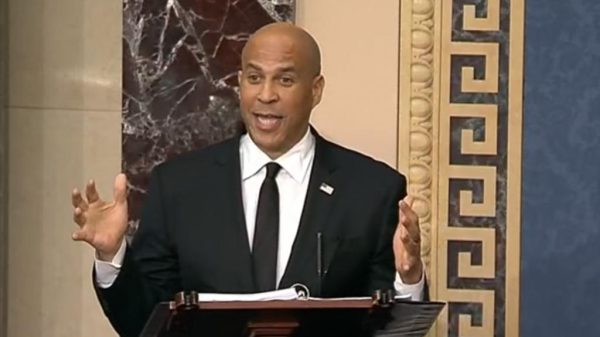Major Companies Review Their DEI Initiatives
In a surprising turn of events, several large corporations, including McDonald’s and Walmart, have started to scale back their diversity, equity, and inclusion (DEI) initiatives. This shift comes in the wake of a Supreme Court ruling that put a spotlight on affirmative action, sparking a conservative backlash against DEI programs. The decisions by these companies have raised eyebrows and questions about the future of workplace diversity in America.
McDonald’s Eases Up on DEI Goals
Recently, McDonald’s announced it would be discontinuing some of its DEI initiatives that were put in place during previous push for diversity in response to events like George Floyd’s tragic death. This includes the elimination of senior leadership diversity goals and a supplier diversity training program. Despite this rollback, McDonald’s still claims to uphold a commitment to inclusion, citing that 30% of its U.S. leadership comes from underrepresented groups.
Walmart Joins the Trend
Walmart also made headlines last November when it decided to end certain DEI efforts. One of the major changes includes the discontinuation of race and gender considerations in supplier evaluations. Additionally, the company will no longer collect demographic data necessary for grant eligibility and plans to review funding for Pride events, reflecting a significant shift in their approach to diversity.
Responses from Other Corporations
Other companies like John Deere, Ford, and Harley-Davidson are not far behind in this trend. For instance, John Deere announced a change in policy to realign with business strategies, effectively sidelining cultural awareness initiatives. Ford expressed similar sentiments by stopping its participation in initiatives like the Human Rights Campaign’s index. Harley-Davidson went a step further by eliminating its DEI function altogether.
Diverse Opinions on DEI Rollbacks
Experts have mixed feelings about these rollbacks. Some argue these changes are merely cosmetic responses to mounting criticism, while others fear that they signal a dangerous retreat from vital commitments to workplace diversity. Critics see this trend as a significant setback for progress made in the realm of civil rights and inclusion, raising concerns about the impact on employees and workplace culture going forward.
A Future for Diversity?
As these companies step back, the future of DEI initiatives hangs in the balance. Critics worry that such decisions may diminish support and resources for underrepresented groups in the workplace, while proponents of the rollbacks believe it could lead to a shift towards merit over identity. Regardless of where you stand, one thing is clear: the landscape of corporate America is changing, and it is essential for all of us to keep a watchful eye on these developments.








































